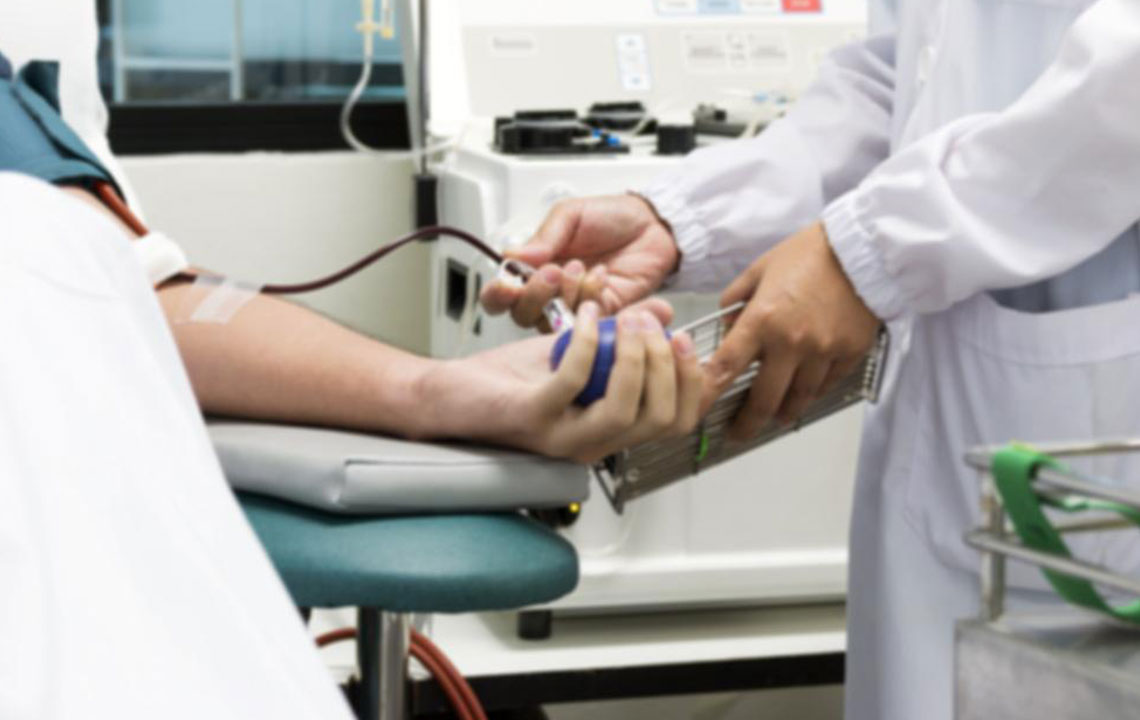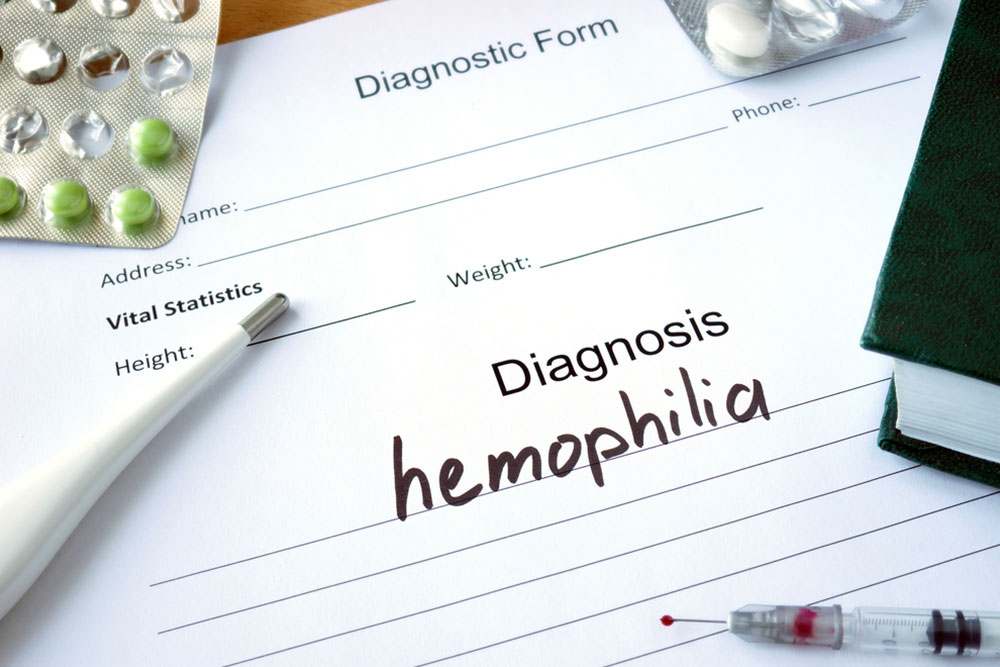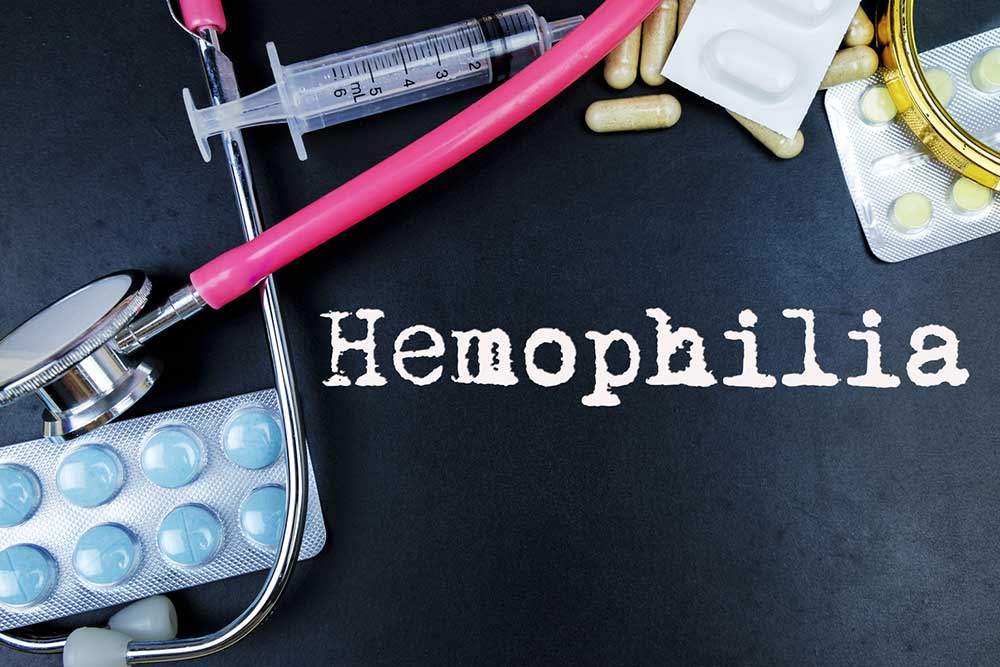Comprehensive Dietary Strategies for Effective Hemophilia Management
Discover comprehensive dietary strategies for managing hemophilia effectively. This guide covers foods to limit, healthy alternatives, and lifestyle tips to help control symptoms and improve overall health. Embrace a balanced diet, adopt healthier cooking methods, and work with healthcare professionals for personalized care to enhance your quality of life with hemophilia.

Essential Dietary Guidelines for Managing Hemophilia Effectively
Living with hemophilia requires diligent attention not only to treatments but also to daily lifestyle choices, particularly nutrition. Maintaining a balanced and tailored diet is crucial in managing the symptoms, reducing complications, and supporting overall health for individuals with hemophilia. While the dietary restrictions and recommendations may vary depending on the specific type of hemophilia and an individual's health status, certain general principles remain universally beneficial. In this detailed guide, we will explore vital dietary practices, including foods to limit, healthier alternatives, and lifestyle tips that can significantly improve quality of life for those dealing with hemophilia.
Understanding the Role of Diet in Hemophilia
Hemophilia is a genetic bleeding disorder characterized by insufficient clotting factors, leading to prolonged bleeding episodes. Proper nutrition plays a key role in bolstering the body’s ability to manage bleeding episodes, maintain cardiovascular health, and prevent secondary health issues. An optimal diet helps reinforce blood vessel integrity, supports immune function, and prevents obesity—a common complication that can exacerbate bleeding risks and strain the heart. By adhering to specific dietary patterns, individuals with hemophilia can better control their condition and improve overall well-being.
Key Dietary Restrictions for Hemophilia Management
Adapting your diet to support hemophilia involves understanding which foods and nutrients to limit or avoid. These considerations help prevent adverse effects and promote optimal health.
Limit Saturated and Trans Fats
Saturated fats, predominantly found in red meats, full-fat dairy products, processed snacks, and fried foods, are associated with increased cardiovascular risk and weight gain. For those with hemophilia, maintaining cardiovascular health is particularly important since bleeding events and medication side effects can influence heart health. Incorporating healthier fats, such as monounsaturated and polyunsaturated fats from sources like olive oil, nuts, seeds, and fatty fish, supports heart health and reduces inflammation.
Choose Low-Fat or Fat-Free Dairy Options
Full-fat dairy products contain higher saturated fat levels, which should be minimized. Opting for low-fat or fat-free yogurt, milk, and cheese allows individuals to still obtain essential nutrients like calcium, vitamin D, and probiotics that aid digestion and bone health, without excess unhealthy fats. These choices contribute to maintaining a healthy weight and reducing obesity-related risks.
Reduce Intake of Fried and Processed Foods
Fried foods, such as fried chicken, crispy snacks, and deep-fried appetizers, are calorie-dense, nutrient-poor choices. Regular consumption can lead to weight gain and metabolic issues, complicating the management of hemophilia. Emphasizing healthier cooking methods such as baking, steaming, grilling, and sautéing helps preserve nutrients and reduces calorie intake.
Limit Sugary Foods and Beverages
Sweets like candies, chocolates, pastries, and sugary drinks including sodas and fruit juices often contain high levels of added sugars. Excessive sugar intake can contribute to weight gain, insulin resistance, and overall poor nutrition. Reducing sugar consumption improves metabolic health and supports a balanced diet, essential for individuals managing a chronic condition like hemophilia.
Additional Tips for a Hemophilia-Friendly Diet
Beyond avoiding certain foods, adopting nutrition strategies that bolster health is equally vital. These include consuming a variety of nutrient-dense foods, staying well-hydrated, and incorporating foods rich in specific nutrients that can support blood health.
Prioritize Fresh Fruits and Vegetables
Fruits and vegetables are rich in vitamins, minerals, antioxidants, and fiber—all essential for supporting immune function, reducing inflammation, and preventing secondary health problems. A colorful variety ensures a broad spectrum of nutrients beneficial in managing hemophilia.
Incorporate Whole Grains
Whole grains like oats, brown rice, quinoa, and whole wheat bread are excellent sources of dietary fiber, which aids digestion and helps regulate blood sugar levels. These grains also contain essential nutrients that contribute to overall health.
Ensure Adequate Protein Intake
Proteins play a crucial role in tissue repair and blood production. Include lean meats, poultry, fish, legumes, nuts, and seeds in your diet. Fish rich in omega-3 fatty acids, such as salmon and mackerel, can also help reduce inflammation.
Stay Hydrated
Proper hydration is vital in preventing bleeding complications and maintaining body functions. Drinking sufficient water throughout the day supports circulation and overall health.
Consult Healthcare Providers and Nutritionists
Individual dietary needs may vary based on age, severity of hemophilia, and comorbidities. Personalized advice from healthcare professionals ensures dietary strategies are safe, effective, and tailored to your specific condition.
Lifestyle Choices to Complement Dietary Changes
In addition to medical treatment and diet, lifestyle factors significantly influence health outcomes in hemophilia management. Regular physical activity, maintaining a healthy weight, avoiding smoking, and limiting alcohol consumption can enhance vascular health, reduce bleeding risks, and support overall well-being.
Engaging in safe, doctor-approved exercises can strengthen muscles and improve joint stability, reducing bleeding episodes. Always discuss new activities with your healthcare provider to ensure safety.
In summary, managing hemophilia effectively requires a multifaceted approach. Proper nutrition, complemented by healthy lifestyle choices, can significantly impact your quality of life. Making mindful selections about what to eat and how to live daily can help control symptoms, prevent complications, and promote long-term health benefits.
By understanding the importance of diet and lifestyle, individuals with hemophilia can take proactive steps towards better health. Always work closely with your healthcare team to develop a customized plan that suits your needs and supports your journey to better living with hemophilia.




